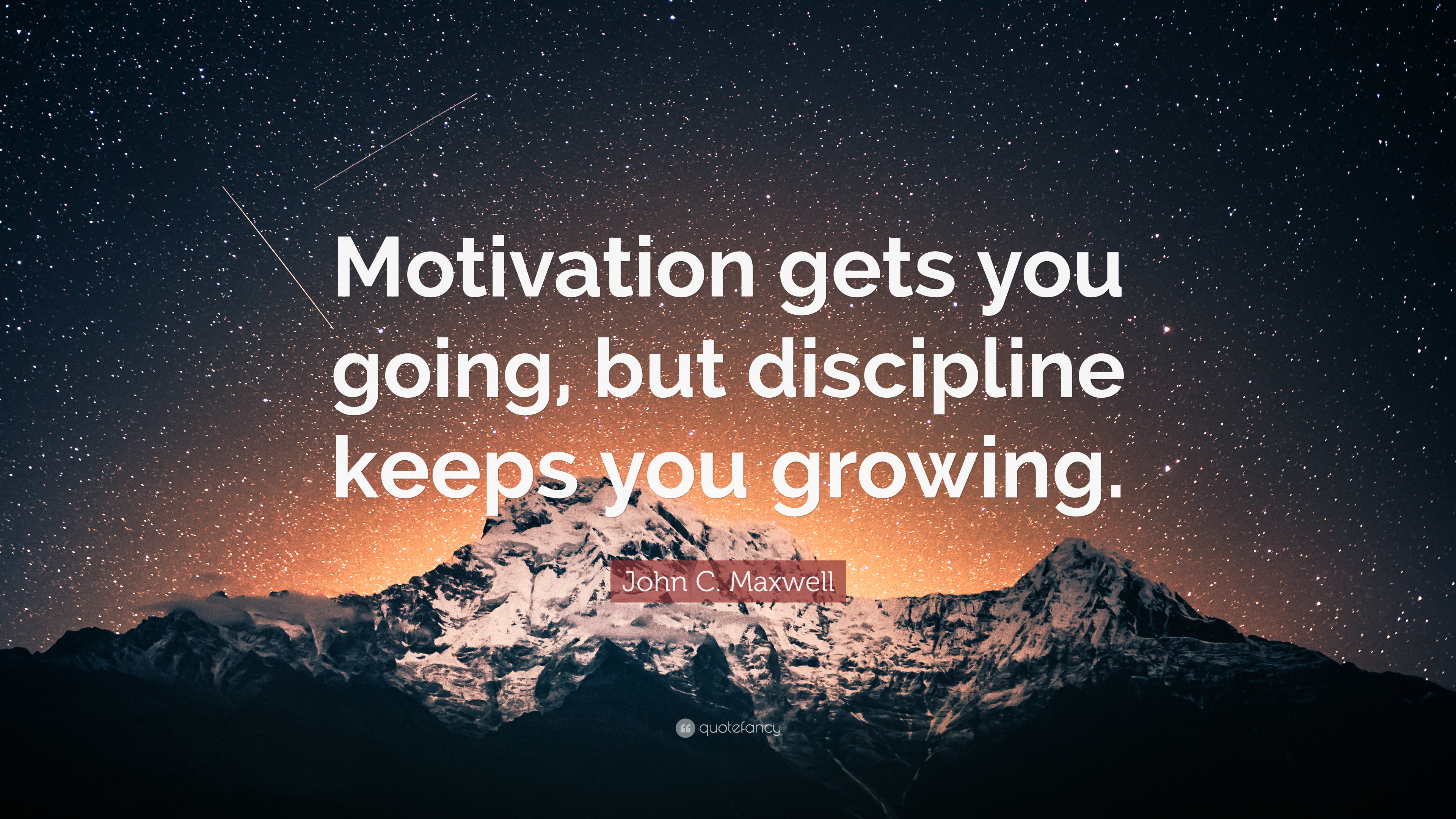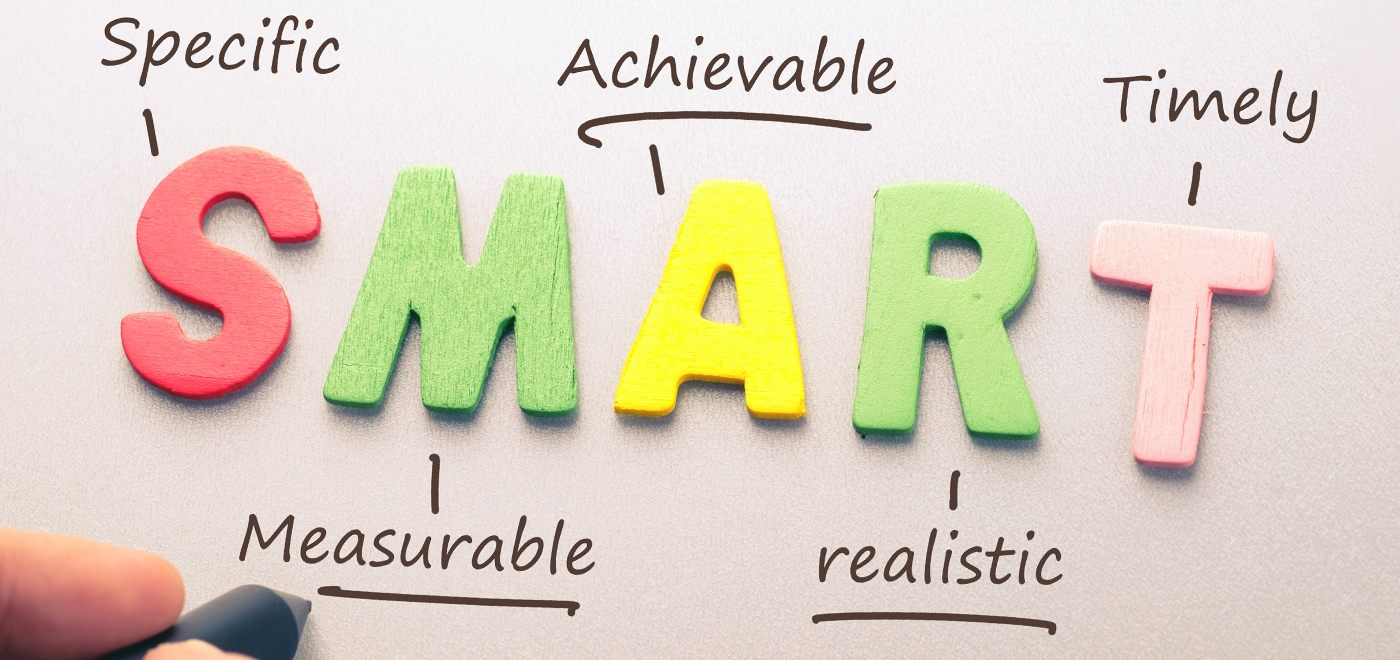It’s the beginning of February. You’ve had one whole month to get started on accomplishing your goals for 2018. Are you still on track or have you fallen off the wagon already?
If you’re part of the latter group, why? What is it that’s making it so hard for you to stick to your goals?
Have you heard of this thing called “discipline”? We hear the word thrown around regularly but do you know what it really means to be disciplined?
Discipline is a form of training that makes/teaches people to be more willing to obey, or more able to control themselves. And no, it’s not the same at motivation. Motivation is the general desire or willingness of someone to do something, or, the reason or reasons one has for acting or behaving in a particular way.
So basically, motivation requires desire and reason, and discipline requires training. What that means is once you run out of internal reasons to do something, you will lose motivation and you will stop doing it. When you’re disciplined, you’re trained to do something regardless of how you feel internally.
You need to form a habit if you want any chance of accomplishing what you’ve set out to do. You need to make working out 4 days a week, or going above and beyond for that work promotion a normal, a natural part of your day/week/life.

On average, it takes someone around 66 days to form a habit. That’s two whole months of doing something consistently until it becomes automatic. We’re only 1 month into the year so chances are, even if you have been staying on track with your goals, you still have another month to go before it starts feeling “normal”. Don’t let that freak you out though! You’re halfway there, before long you’ll wonder what life was like pre-2018. If you were part of the latter, stumbled-off-track group, we need to address some of the reasons why you may be struggling.
Here are the top three reasons people do not accomplish their goals:
You don’t have a REALISTIC plan
You know how the sayings go: “fail to plan, plan to fail”, “a dream without a plan is just a wish”.
Make yourself a plan. A realistic one. If you’re a mum of 3, working a full-time job, and a house to look after, planning to get to the gym 5 days a week for 1 hour may not be doable. Although it seems like a great plan in theory, it is not realistic, thus making it harder for you to stick too.
Have you heard of SMART goals before? This will be a great tool for you to use if you’re just starting out:
· Specific (simple, sensible, significant)
· Measurable (meaningful, motivating)
· Achievable (agreed, attainable)
· Relevant (reasonable, realistic and resourced, results-based)
· Time bound (time-based, time limited, time/cost limited, timely, time-sensitive)
This method helps you to stay on track, have a clear view of what you’re working towards and how you’re going to get to that point. Not only that, but it allows you to adjust and monitor your goals according to how far you’re progressing, and keep yourself accountable.

You’re lazy
la·zy (adjective): unwilling to work or use energy.
Laziness keeps you stagnant, you’re not going to get anywhere or get anything done by being lazy. This is a habit you need to change if you want to achieve the goals you have set out for yourself. However, “In most cases, it is deemed painful to expend effort on long-term goals that do not provide immediate gratification. For a person to embark on a project, he has to value the return on his labour more than his loss of comfort. The problem is that he is disinclined to trust in a return that is both distant and uncertain. Because self-confident people are more apt to trust in the success and pay-off of their undertakings (and may even overestimate their likely returns), they are much more likely to overcome their natural laziness.” (Psychology Today)
This takes us back to having a plan, and breaking that plan down into more manageable portions. When you make small, short-term goals in order to reach the bigger, long-term goals it’ll seem like less of a “painful effort” to achieve them. Eventually over time, those short-term goals will get you to your final destination, but you’ll have had more mini successes along the way!
Write lists, find your reasons “why”, make to-do lists, and take small steps in the “not lazy” direction and over time, these disruptive, lazy habits will be broken!
You don’t make your goals a priority
Whatever your goal may be – whether it to get in shape, work towards getting your dream job, or simply to just be happier – you have to make it a priority.
Your goals fall by the wayside when you don’t put them first. If a student wanted to do well in school, they wouldn’t put partying ahead of studying (or shouldn’t do, anyway!). Same goes for getting fit – if you have a goal to be able to squat 100lbs before the end of 2018, putting your favourite TV show ahead of your workout is not going to get you any closer to your goal.
Sacrifices have to be made if you want to be successful in whatever you do.
But remember - Don’t be so hard on yourself! If you’ve struggled with the first month of the year, try not to beat yourself up about it. Not achieving something on your first, second, or even 10th try is not a “failure”, but more a lesson learned! Regroup, hash out your next, better plan of action, and hit the ground running.

